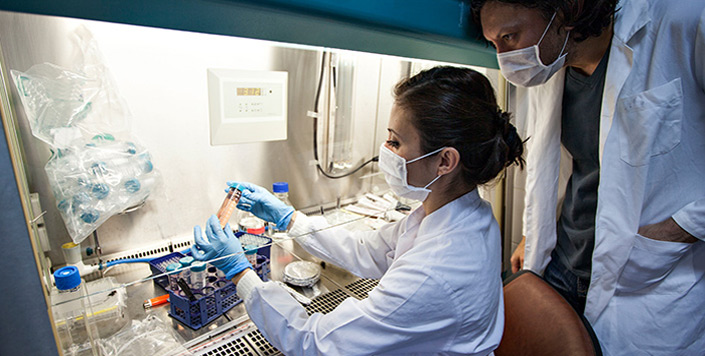
School of Medicine Publications and Presentations
Document Type
Article
Publication Date
9-2017
Abstract
Background
In human heart failure, Ser199 (equivalent to Ser200 in mouse) of cardiac troponin I (cTnI) is significantly hyper-phosphorylated and in vitro studies suggest it enhances myofilament calcium sensitivity and alters calpain-mediated cTnI proteolysis. However, how its hyper-phosphorylation affects cardiac function in vivo remains unknown.
Methods and Results
To address the question, two transgenic mouse models were generated: a phospho-mimetic cTnIS200D and a phospho-silenced cTnIS200A, each driven by the cardiomyocyte-specific α-MHC promoter. Cardiac structure assessed by echocardiography and histology were normal in both transgenic models compared to littermate controls (n=5). Baseline in vivo hemodynamics and isolated muscle studies showed that cTnIS200D significantly prolonged relaxation and lowered left ventricular peak filling rate, whereas ejection fraction and force development were normal (n=5). However, with increased heart rate or beta-adrenergic stimulation, cTnIS200D mice had less enhanced ejection fraction or force development versus controls, whereas relaxation improved similarly to controls (n=5). By contrast, cTnIS200A was functionally normal both at baseline and under the physiological stresses. To test if either mutation impacted cardiac response to ischemic stress, isolated hearts were subjected to ischemia/reperfusion. cTnIS200D were protected, recovering 88±8% of contractile function versus 35±15% in littermate controls and 28±8% in cTnIS200A (n=5). This was associated with less cTnI proteolysis in cTnIS200D hearts.
Conclusions
Hyper-phosphorylation of this Serine in cTnI C-terminus impacts heart function by depressing diastolic function at baseline and limiting systolic reserve under physiological stresses. However, paradoxically it preserves heart function after ischemia/reperfusion injury potentially by decreasing proteolysis of cTnI.
Recommended Citation
Li, Y., Zhu, G., Paolocci, N., Zhang, P., Takahashi, C., Okumus, N., Heravi, A., Keceli, G., Ramirez-Correa, G., Kass, D. A., & Murphy, A. M. (2017). Heart Failure-Related Hyperphosphorylation in the Cardiac Troponin I C Terminus Has Divergent Effects on Cardiac Function In Vivo. Circulation. Heart failure, 10(9), e003850. https://doi.org/10.1161/CIRCHEARTFAILURE.117.003850
Publication Title
Circulation. Heart failure
DOI
https://doi.org/10.1161/CIRCHEARTFAILURE.117.003850
Academic Level
faculty
Mentor/PI Department
Office of Human Genetics


Comments
PMC Copyright notice